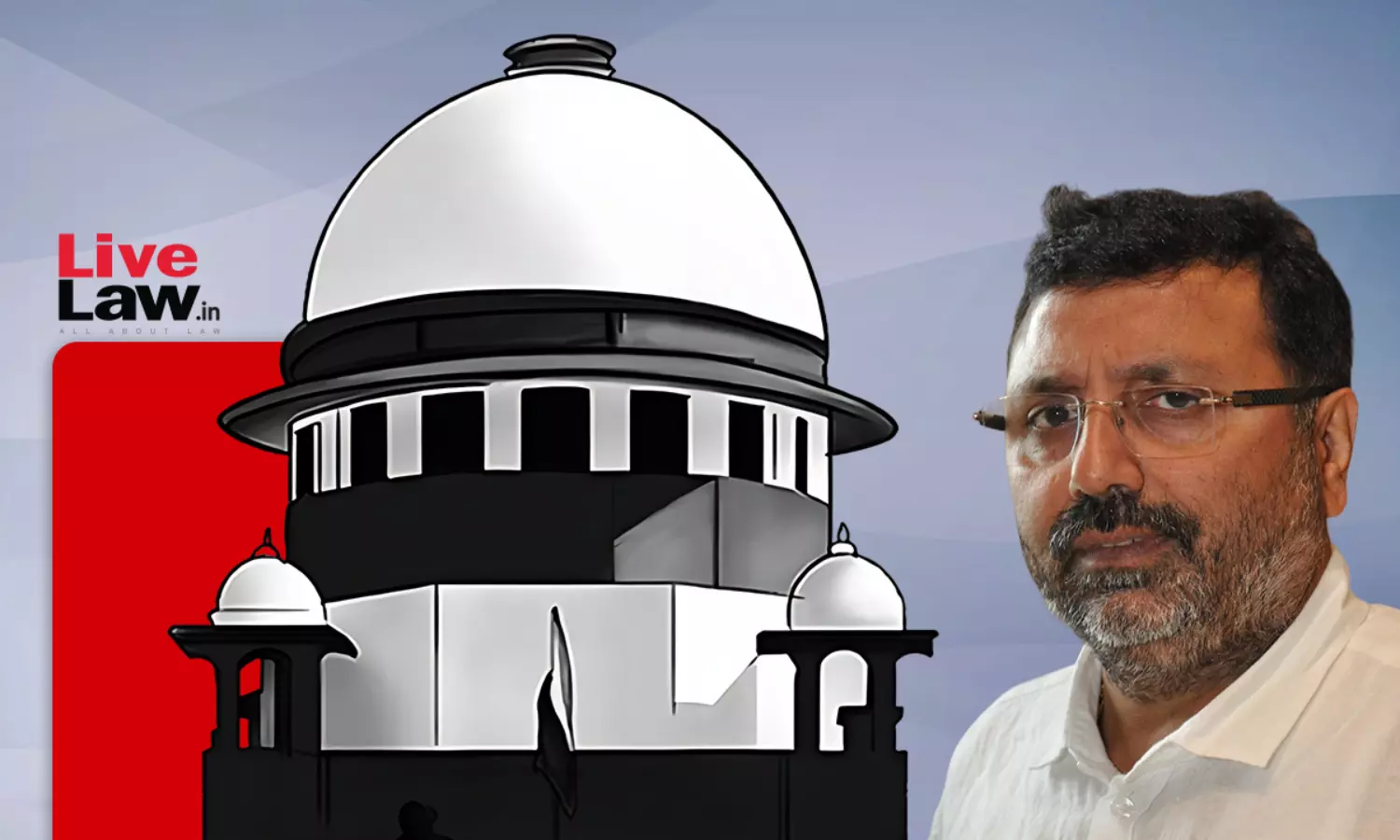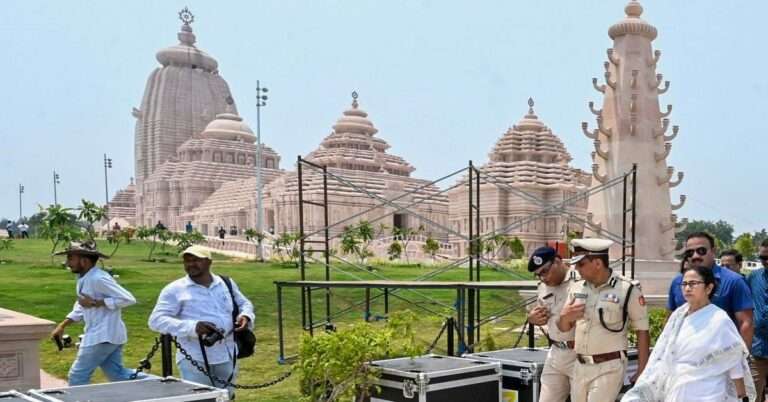
Criminal Contempt Action Sought Against BJP MP Nishikant Dubey
Blog Post Title: The Controversy Surrounding BJP MP Nishikant Dubey: Understanding Criminal Contempt Actions
In a recent development, there has been a call for criminal contempt action against BJP MP Nishikant Dubey for his remarks against the Supreme Court Chief Justice. This controversy has sparked a debate on the boundaries of free speech and criticisms against the judiciary. Let’s delve into the details and shed light on the significance of this issue.
Understanding Criminal Contempt:
Criminal contempt of court refers to any action that disrespects or undermines the authority of the court. This can include making derogatory remarks, obstructing the administration of justice, or interfering with the court’s proceedings. The primary purpose of contempt laws is to uphold the integrity and dignity of the judicial system.
In the case of Nishikant Dubey, the allegations revolve around his comments directed at the Supreme Court Chief Justice. It is essential to note that criticism of court judgments or the legal system itself is not considered contempt as long as it is done respectfully and without undermining the court’s authority.
The Role of Political Figures in Contempt Cases:
It is not uncommon for political figures to find themselves embroiled in contempt cases due to their public statements. While politicians are entitled to express their opinions, they must exercise caution when discussing legal matters or the judiciary. Public officials hold significant influence, and their words can significantly impact public perception and trust in the legal system.
In the case of Nishikant Dubey, his remarks have sparked outrage and raised concerns about the implications of his statements on the judiciary’s independence. It is crucial for public figures to act responsibly and uphold the principles of justice and fairness.
The Legal Implications of Contempt Actions:
Contempt of court is a serious offense that can result in fines, imprisonment, or both. The purpose of contempt laws is to maintain respect for the judicial system and ensure that court orders are followed and respected. Anyone found guilty of contempt faces legal consequences as a deterrent to prevent further acts of disrespect towards the court.
In the case of Nishikant Dubey, the decision to pursue criminal contempt action will depend on the evidence and the severity of his remarks. It is essential for the judiciary to uphold its integrity and impartiality in the face of criticism and attacks.
The Impact of Contempt Cases on Freedom of Speech:
While contempt laws are necessary to maintain the judicial system’s authority, there is a fine balance between upholding the rule of law and protecting freedom of speech. Critics argue that contempt laws can be misused to stifle dissent and silence legitimate criticism of the judiciary.
In the case of Nishikant Dubey, the controversy highlights the need to strike a balance between respecting the court’s authority and safeguarding the right to free expression. It is essential for individuals to exercise their right to criticize while being mindful of the impact of their words on the legal system.
Moving Forward:
As the controversy surrounding Nishikant Dubey unfolds, it is crucial for all parties involved to approach the issue with sensitivity and respect for the rule of law. While criticisms are a fundamental part of democracy, they must be expressed responsibly and within the boundaries of the law.
In conclusion, the call for criminal contempt action against Nishikant Dubey serves as a reminder of the importance of upholding the judiciary’s integrity and the principles of justice. It is essential for public figures to exercise caution when discussing legal matters and to respect the authority of the court. As the case progresses, it will be interesting to see how the legal system addresses this issue and ensures accountability for those who undermine its authority.




